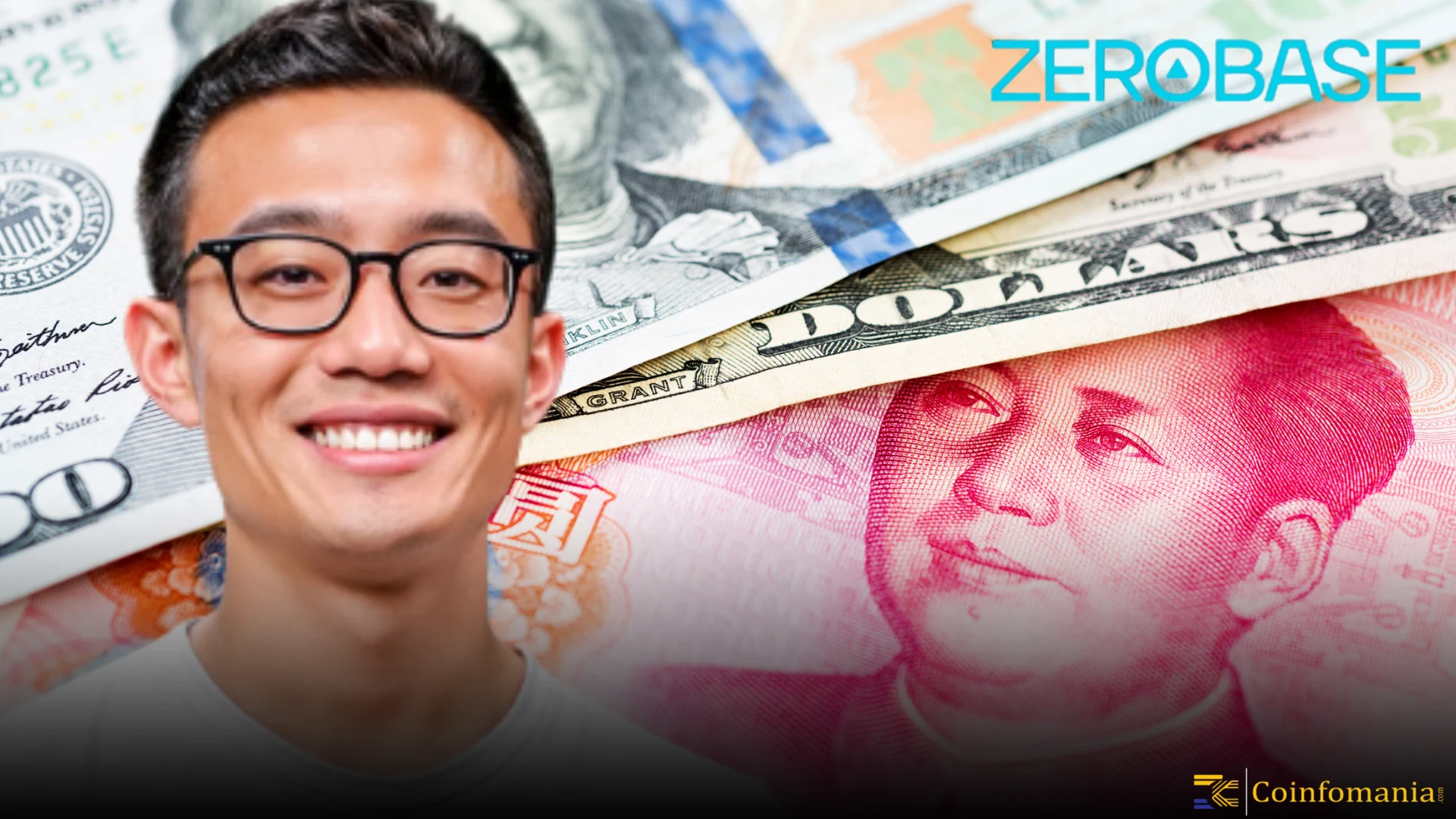ZeroBase Founder Mirror Tang Warns Hyperliquid’s Jeff Yan About Money Laundering Risks From High-Leverage Liquidations, Citing Possible Regulatory Crackdown
0
0

Mirror Tang, CEO of ZeroBase and Salus, raised alarm on June 6 over alleged money laundering linked to Hyperliquid cryptocurrencies. His tweet stated that since March 2025, Chinese law enforcement had uncovered three laundering schemes involving Hyperliquid. Tang explained the method: traders use Hyperliquid’s high-leverage liquidation mechanism to generate losses and reverse profits on centralized exchanges. He compared the strategy to past operations by James Wynn and warned that regulatory scrutiny could rise if risk control gaps persist. Tang also tagged Hyperliquid CEO Jeff, urging immediate attention. This comes just days after Jeff defended the platform’s transparent model against mounting criticism.
Chinese Authorities Uncover Sophisticated Laundering Strategy
Authorities in China exposed three laundering incidents using Hyperliquid’s high-leverage trading tools. Each case followed a similar pattern. Criminals opened positions with extreme leverage to trigger calculated losses. These losses, created on Hyperliquid, offset gains realized from coordinated trades on centralized platforms. This dual exchange strategy effectively laundered illegal proceeds. Spotonchain tracked one such trade, involving a $5.22 million deposit. The trader used 50x leverage on Ethereum and 20x on Bitcoin. A 100% win rate produced $2.2 million in profit within 48 hours. Analysts linked this activity to phishing attacks and possible North Korean sources. Suspicious ties to exchanges like Roobet, AlphaPo, and ChangeNOW raised further questions.
Hyperliquid Risk Debate Deepens Amid Regulatory Fears
The Hyperliquid risk flagged by Tang mirrors wider concerns from market observers and law enforcement. Coinbase executive Conor Grogan traced one wallet involved in the scheme to stolen funds. He highlighted a pattern of timed liquidations before market shifts, suggesting manipulation. Hyperliquid CEO Jeff, in a June 3 post, defended the platform’s design. He positioned its transparency model as a key innovation. Jeff argued that openness in trade flow improves market fairness and limits exploitation. According to him, protocol-level features like cancel prioritization protect against insider advantages. However, experts noted that this transparency could allow adversaries to trace liquidation thresholds and exploit them. Without sufficient guardrails, Hyperliquid remains vulnerable to coordinated abuse.
Crypto Seizures in China Add Legal Complexity
China now holds over 15,000 seized Bitcoins, worth about $1.4 billion. These assets came from cases of fraud, gambling, and money laundering. In 2023 alone, crypto-related crimes produced illegal proceeds worth 430.7 billion yuan (~$59 billion). Despite the national ban on trading, local authorities converted confiscated assets via offshore private firms. These firms liquidated crypto holdings, turned profits into dollars, and eventually back into yuan. Legal experts labelled the process “ambiguous” and a regulatory grey area. Such activity has intensified calls for a centralized disposal policy. Policymakers now advocate for classifying crypto as a legal asset and placing oversight under the central bank. Proposals also include creating a sovereign crypto reserve managed out of Hong Kong.
Hyperliquid Risk Could Trigger Global Oversight Push
The rise in laundering incidents using Hyperliquid’s tools may lead to global regulatory changes. Financial watchdogs could examine the risks of high-leverage platforms without strict internal controls. The Hyperliquid risk not only exposes loopholes in decentralized protocols but also stresses the need for industry-wide safeguards. Market transparency, while valuable, must be balanced with protection mechanisms against coordinated abuse. With mounting evidence linking suspicious trades to illicit sources, enforcement agencies may increase scrutiny of leverage-based DeFi models. China’s legal community has already begun pushing for reforms that could reshape crypto governance globally. Failure to act on these issues may erode trust in decentralized systems, especially as platforms like Hyperliquid scale up.
The post ZeroBase Founder Mirror Tang Warns Hyperliquid’s Jeff Yan About Money Laundering Risks From High-Leverage Liquidations, Citing Possible Regulatory Crackdown appeared first on Coinfomania.
0
0
 Manage all your crypto, NFT and DeFi from one place
Manage all your crypto, NFT and DeFi from one placeSecurely connect the portfolio you’re using to start.





